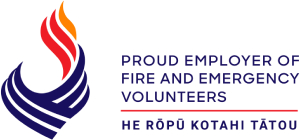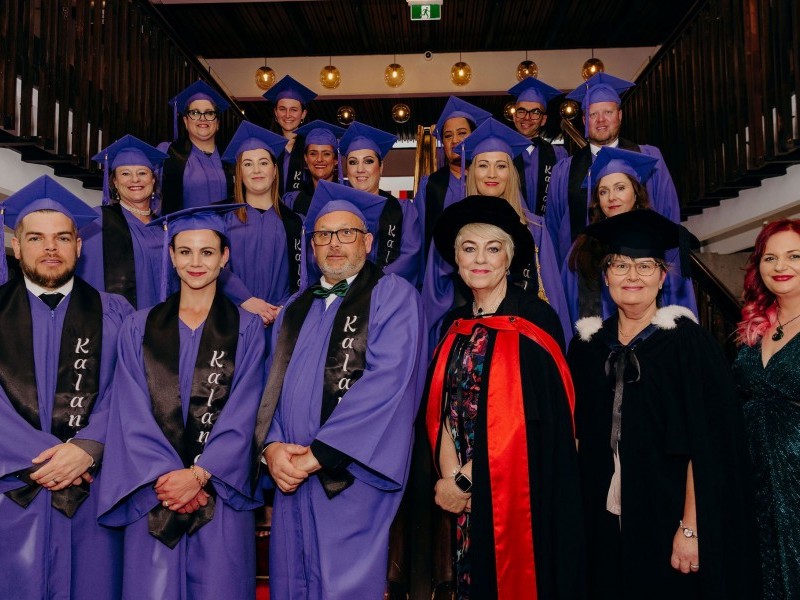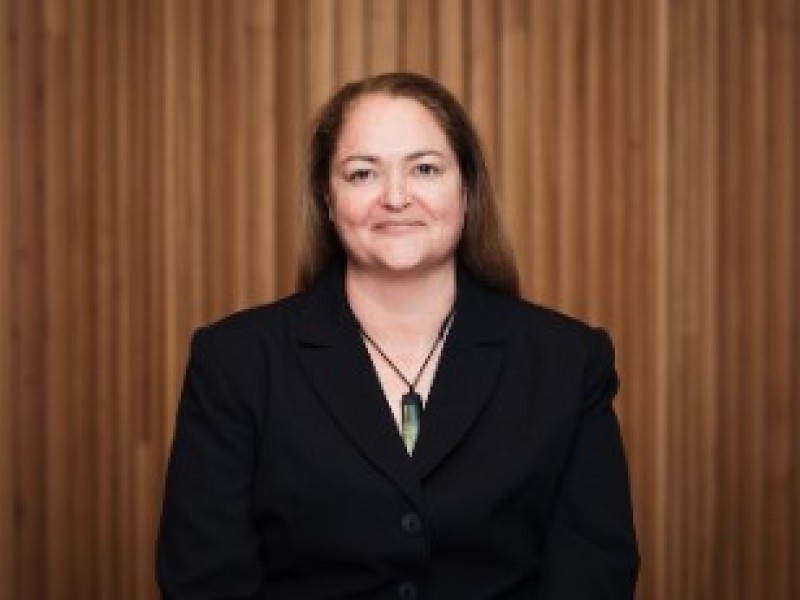Ageism is a pervasive issue that affects people of all ages. It involves stereotyping, discrimination, and prejudice against individuals based on their age. Whether it's the young facing skepticism about their abilities or the elderly encountering dismissive attitudes, ageism can have significant social and psychological impacts. However, one powerful tool in combating ageism is self-awareness. In this blog, we'll explore the concept of self-awareness and its crucial role in addressing ageism.
Understanding Self-Awareness
Self-awareness refers to the conscious knowledge and recognition of one's thoughts, feelings, and behaviors. It involves understanding our strengths, weaknesses, beliefs, and values. Being self-aware enables individuals to gain a deeper understanding of themselves and how they interact with others and society as a whole.
The Impact of Ageism
Ageism can manifest in various ways, perpetuating stereotypes and biases about people of different age groups.
Some common examples include:
- Stereotyping: Assuming that older individuals are technologically inept or that younger individuals lack experience and wisdom.
- Discrimination: Denying opportunities, such as employment or promotions, based on age.
- Patronising Attitudes: Talking down to older individuals or dismissing the opinions of younger individuals due to their age.
- Prejudice: Holding negative attitudes or assumptions about individuals solely based on their age.
How Self-Awareness Can Address Ageism
- Challenging Personal Biases: Self-awareness allows individuals to recognise their own age-related biases and prejudices. By acknowledging and understanding these biases, people can actively work to challenge and change them, promoting a more inclusive society.
- Empathy and Perspective-Taking: Self-awareness fosters empathy and the ability to see situations from others' perspectives. When people understand their own experiences of ageism, they are better equipped to empathise with others who may face similar challenges.
- Encouraging Intergenerational Understanding: Self-awareness helps individuals appreciate the value and contributions of people of all ages. It encourages intergenerational understanding and collaboration, promoting a sense of unity and shared purpose.
- Promoting Positive Aging: For older individuals, self-awareness can lead to embracing their age with pride and dispelling societal notions that aging equates to decline. By recognising and celebrating their strengths, they can challenge ageist assumptions and contribute positively to society.
- Combating Youth Stereotypes: Self-awareness also helps younger individuals understand their unique perspectives and challenge stereotypes that may undermine their capabilities. By recognising their worth and potential, they can break free from the constraints of ageist assumptions.
Conclusion
Addressing ageism is a collective effort that requires introspection, empathy, and understanding. Self-awareness serves as a powerful tool in this endeavor. By recognising and challenging our own age-related biases, we can foster intergenerational empathy and promote a society where people of all ages are valued and respected for their unique contributions. Embracing self-awareness, we can take significant steps toward a more inclusive and age-friendly world.
Back to Blog







